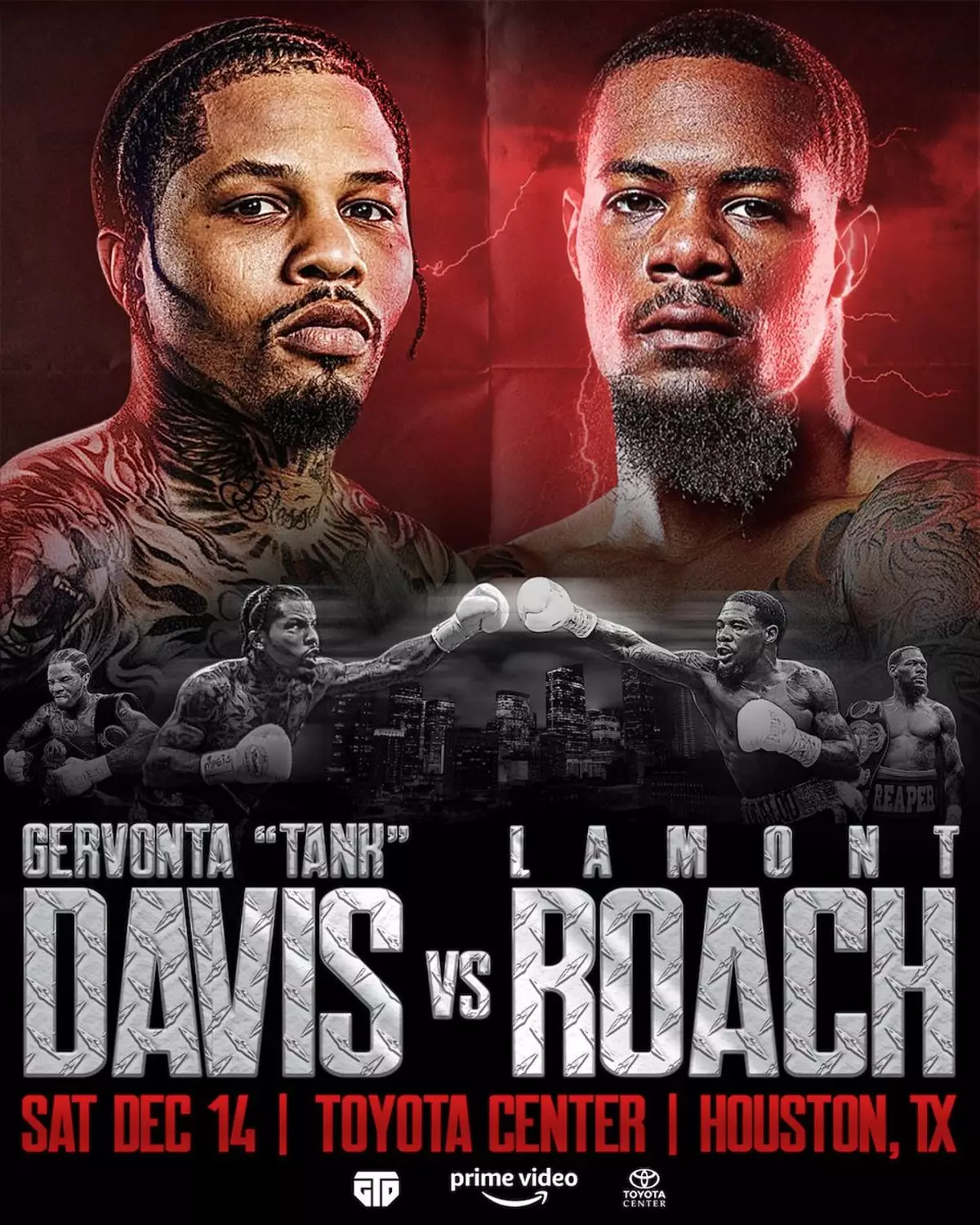The highly anticipated boxing match between Gervonta “Tank” Davis and Lamont Roach now faces the possibility of being postponed until 2025, a significant shift from its originally scheduled date of December 14th. Esteemed boxing insider Dan Rafael has reported that the likelihood of the event occurring on time is slim, largely due to complications with the venue—specifically, the Toyota Center in Houston, Texas. While he suggests that there remains a “50-50” shot at adhering to the December schedule, the lack of press conferences and official announcements underscores a growing air of uncertainty surrounding the bout.
The pivotal issue seems to rest with the venue arrangements rather than the fighters themselves, with no indications of contractual disputes causing the delay. The Boxing community eagerly awaits clarity on the situation, but with no substantial updates on the venue, fans and observers are left in limbo. The fallout of this delay raises questions not only about the fight itself but also about the broader implications for both fighters’ careers.
From a purely competitive standpoint, the matchup between Davis and Roach has drawn its share of skepticism. Many analysts and fans have criticized the bout as an unexciting mismatch. With Davis holding a flawless record of 30 wins, 28 of which are knockouts, his prowess in the ring often overshadows his opponent’s capabilities. Roach, who fights at super featherweight and is noted for his technical skills, may lack the knockout power necessary to deter a concentrated offensive assault from a powerhouse like Davis.
Should the fight be canceled, an argument could be made that it would serve the best interests of boxing fans. Critics suggest that premier boxing champions (PBC) could potentially curate a much more compelling fight by selecting a higher-ranked lightweight opponent for Davis, one capable of presenting a genuine challenge for his WBA title. The public sentiment sways toward the notion that a more thrilling matchup would enhance the viewing experience, instead of this impending bout seen as a lackluster exhibition.
The question of venue location further complicates the fight’s relevance. Davis’ rationale for facing Roach focuses on regional interest, suggesting that fans from the East Coast would bolster attendance. However, the decision to host the fight in Houston does not strategically cater to either fighters’ supporters residing in Baltimore or Washington D.C. This disconnect raises valid concerns about ticket sales and pay-per-view (PPV) viability—factors that are crucial for the financial success of such events.
If the fight ultimately relies heavily on PPV buys and regional appeal, boxing fans may find it difficult to justify their interest or financial investment. In a sport often criticized for mismatches and lack of competitive integrity, the anticipation of Davis versus Roach quickly devolves into a conversation about the sport’s commercial aspects rather than the excitement of the bout itself.
As boxing enthusiasts await further developments, it becomes clear that the Gervonta Davis vs. Lamont Roach fight encapsulates the complexities and contradictions present in the sport today. From venue issues to questions of marketability and competitive fairness, the future of this match remains uncertain. Whether it is rescheduled or ultimately scrapped, it will serve as a barometer for the sport’s ongoing evolution and the need for meaningful, competitive matchups that satisfy both fighters and fans alike.


Leave a Reply